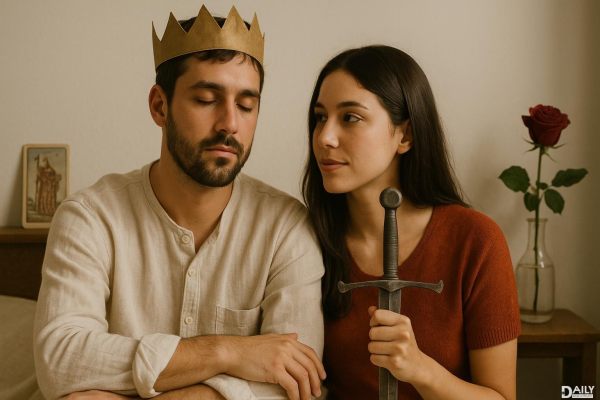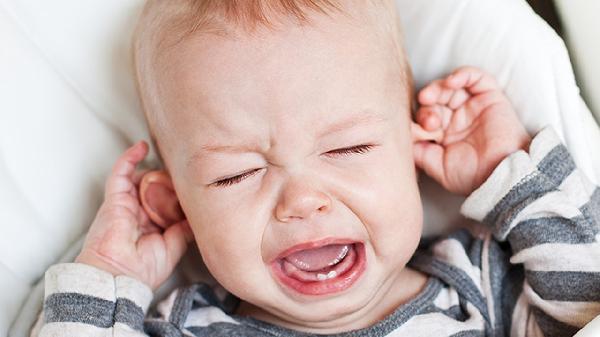It's wild how a simple TikTok theory about friendship photos can spark such a deep conversation, right? The idea that the closer you are to someone, the fewer pictures you have together seems counterintuitive in our hyper-documented social media era. But when you really think about it, it makes sense. Those effortless, unposed moments with your ride-or-dies often slip by without a camera in sight because you're too busy living them. Meanwhile, we'll stage perfect group shots with acquaintances just to prove we have a social life. The irony isn't lost on us.
The Psychology Behind Our Photo Habits
Dr. Khalifian hit the nail on the head when she mentioned confirmation bias playing into this phenomenon. We're more likely to engage with content that reflects our own experiences, which explains why millions of people co-signed this theory in the comments. But there's deeper psychology at work too. With close friends, we experience what psychologists call "interpersonal comfort" - that magical state where you can wear sweatpants, eat messy food, and ugly laugh without a second thought. That comfort directly competes with our Instagram-perfection mindset. Dr. Knopp's point about performative standards rings especially true here. When every photo feels like it needs to be portfolio-worthy, snapping casual pics starts feeling like homework rather than fun.
How Photos Shape (And Sometimes Fake) Our Memories
Dr. Dixon's throwback camera analogy reveals something profound about how digital culture has changed our relationship with photographs. Remember when we used to wait weeks to develop film, then flip through actual photo albums? Those imperfect, blurry shots held more emotional weight than today's 200-retake selfies because they captured real moments, not curated performances. The danger comes when we prioritize the photo-op over the actual experience - what Dr. Dixon calls "creating memories that don't really exist." It's the difference between genuinely enjoying a concert versus spending the whole show trying to get the perfect Snapchat story. This performative aspect might explain why we're more photo-happy with casual friends - those relationships still need that visual "proof" to feel validated.
The Friendship Investment Paradox
Here's where it gets interesting: Hohman's concept of cognitive monitoring explains why close friendships often exist beyond the camera lens. With your inner circle, you've already put in those 80-100 hours Dr. Dixon mentioned to reach confidant status. You don't need photographic evidence because the emotional receipts are already there. But this creates a paradox - the friendships we value most might be the ones we document least, leaving us with fewer visual memories of our most meaningful connections. It's like financial investing: we pour our emotional capital into these relationships but sometimes forget to collect the dividends in tangible form. Maybe we should start treating friendship photos like retirement accounts - regular contributions now pay off in nostalgic returns later.
Why We Should Fight The Anti-Photo Instinct
While the no-photos-with-besties trend makes psychological sense, the experts make a compelling case for pushing past it. Dr. Dixon's touching story about her mother's photos drives home why documentation matters - those imperfect, authentic shots become priceless when time passes or people leave our lives. The key is shifting our photo philosophy from performance to preservation. Instead of worrying about angles and filters, we could embrace what Hohman calls "social fitness" - exercising our ability to capture real moments, awkward laughs and all. Think of it like emotional weight training: sometimes uncomfortable in the moment, but strengthening those friendship muscles for the long haul. Maybe the solution isn't stopping photos with close friends, but changing why and how we take them.
At the end of the day, this whole conversation reveals something beautiful about human connection. The fact that we're most ourselves when we forget to document it proves how deep those bonds run. But as we navigate adulthood - where making new friends gets harder and keeping old ones takes work - maybe we should challenge ourselves to preserve more of those unfiltered moments. Not for the 'gram, but for the future versions of ourselves who'll treasure that time capsule of real friendship. So next time you're doubled over laughing with your bestie, fight the instinct to stay in the moment just a second longer - and snap that imperfect, beautiful memory too.
























